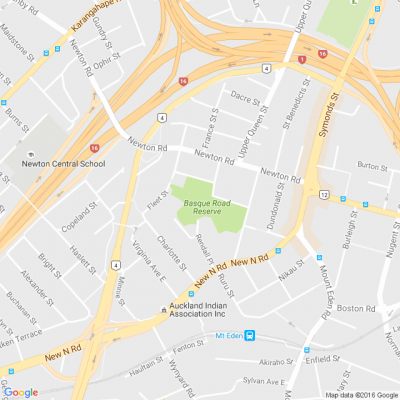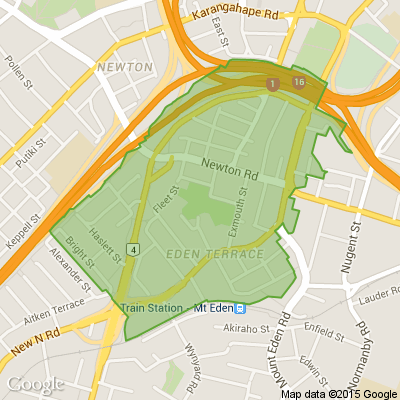Now Boarding: Maritime Museum’s “Little Tall Ship” Breeze
Good morning neighbours,
The Maritime Museum is excited to announce the return of the brigantine Breeze, starting with fortnightly sailings from Labour Weekend, October 22.
Built by the late Ralph Sewell and his family the two-masted sailing vessel was launched in Coromandel, in October 1981.
The Sewells had an agenda: to construct and sail a nineteenth-century coastal trader to be able to teach old-school skills.
“[Breeze] will enable enthusiasts to further their association with the sea and benefit from the company of kindred spirits,” Sewell wrote.
The "little tall ship" has undergone a significant overhaul since its last public sailing back in 2016.
Vincent Lipanovich, Director of the Maritime Museum, said passengers can expect an “energetic and exciting experience” onboard.
“Sailing on Breeze presents such a unique experience for maritime enthusiasts and novice sailors alike – passengers will be invited to roll their sleeves up and experience the thrill of sailing a traditional vessel as they take in the sights of the Waitematā Harbour," Lipanovich said.
The team planned to set sail in January this year, but was delayed due to rising Covid-19 cases.
"It’s such a special boat and it feels wonderful to finally have this vessel available for people to experience and create new memories," Lipanovich said.
Please visit the Breeze page on the Maritime Museum website for up-to-date information. Due to the dynamic nature of the vessel, passengers must be aged 12 and over. Sailings last three hours as passengers explore the Waitematā Harbour.

Poll: 🤖 What skills do you think give a CV the ultimate edge in a robot-filled workplace?
The Reserve Bank has shared some pretty blunt advice: there’s no such thing as a “safe” job anymore 🛟😑
Robots are stepping into repetitive roles in factories, plants and warehouses. AI is taking care of the admin tasks that once filled many mid-level office jobs.
We want to know: As the world evolves, what skills do you think give a CV the ultimate edge in a robot-filled workplace?
Want to read more? The Press has you covered!

-
53.1% Human-centred experience and communication
-
14.7% Critical thinking
-
29.5% Resilience and adaptability
-
2.7% Other - I will share below!
🧩😏 Riddle me this, Neighbours…
I am an odd number. Take away a letter and I become even. What number am I?
Do you think you know the answer? Simply 'Like' this post and we'll post the answer in the comments below at 2pm on the day!
Want to stop seeing these in your newsfeed? No worries! Simply head here and click once on the Following button.

Considering Renting Out Your Holiday Home?
Hey Neighbours
Are you thinking about renting out your holiday home, or want better results from your short-term rental?
As part of the Neighbourly community, Bachcare is offering you a FREE short-term rental appraisal to help discover your property’s earning potential.
With over 20 years of experience, Bachcare supports more than 1,500 homeowners nationwide with 24/7 guest management, local on-the-ground support, and professional cleaning services. We make hosting effortless while maximising your income.
Feel free to reach out to us if you want to find out more!
The Bachcare Team







 Loading…
Loading…